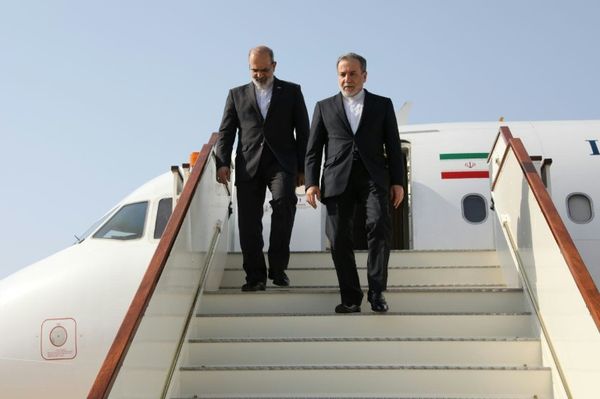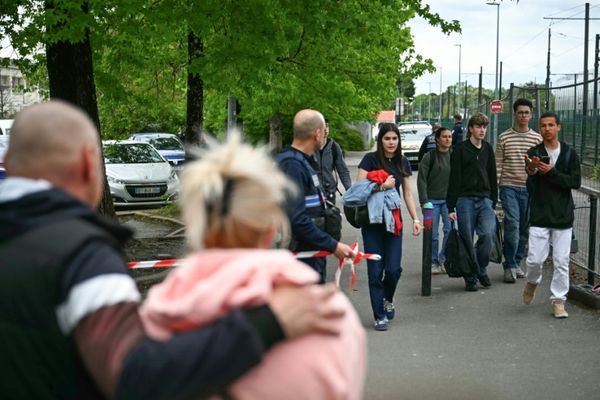
A tragic gun battle between warring tribes in Papua New Guinea has resulted in the deaths of at least 26 combatants and an unconfirmed number of bystanders, as reported by police on Monday.
The clash occurred in Enga province, located in the remote highlands of the South Pacific nation. According to Royal Papua New Guinea Constabulary Acting Superintendent George Kakas, a tribe, their allies, and mercenaries were en route to attack a neighboring tribe when they were ambushed on Sunday. Police Commissioner David Manning labeled the skirmish a 'gun battle between warring tribes,' with an unspecified number of villagers also losing their lives.
Despite early reports of 53 combatant casualties, security forces have revised the death toll to 26. Bodies were gathered from the battlefield, roads, and riverside, before being transported to the hospital. Kakas mentioned that authorities were still in the process of tallying the number of individuals who were shot, injured, or fled into the bushes during the incident.
Papua New Guinea Prime Minister James Marape expressed deep concern over the violence in Enga and urged the conflicting tribes to cease hostilities. Marape emphasized the importance of peaceful conflict resolution, cautioning against retaliatory actions that only perpetuate further harm.
While tribal leader John Luther underscored his village's reluctance to retaliate in the wake of the ambush, government lawyer Oliver Nobetau voiced fears of ongoing retaliatory violence. He highlighted the potential for escalating revenge killings, a troubling prospect exacerbated by the country's limited law enforcement resources.
Tribal violence has been a recurrent issue in Papua New Guinea, with the recent escalation in the Enga region following the 2022 elections. Instances of violence often erupt in the aftermath of elections, driven by disputes over electoral processes and alleged misconduct.
Enga Governor Peter Ipatas acknowledged prior warnings of an impending tribal conflict, urging security forces to take preemptive measures to prevent bloodshed. The region has witnessed a significant number of fatalities in tribal clashes over the past year, with reports indicating the use of high-powered firearms, posing challenges for law enforcement intervention.
The Australian government, conscious of the gravity of the situation in its neighboring country, has offered assistance to Papua New Guinea. Prime Minister Anthony Albanese expressed deep dismay over the violence and affirmed Australia's support for its Pacific neighbor during this challenging time.
The recent surge in tribal violence underscores the complex security landscape facing Papua New Guinea, as the government grapples with the formidable task of maintaining law and order in a nation marked by ethnic diversity and historical tribal animosities.







